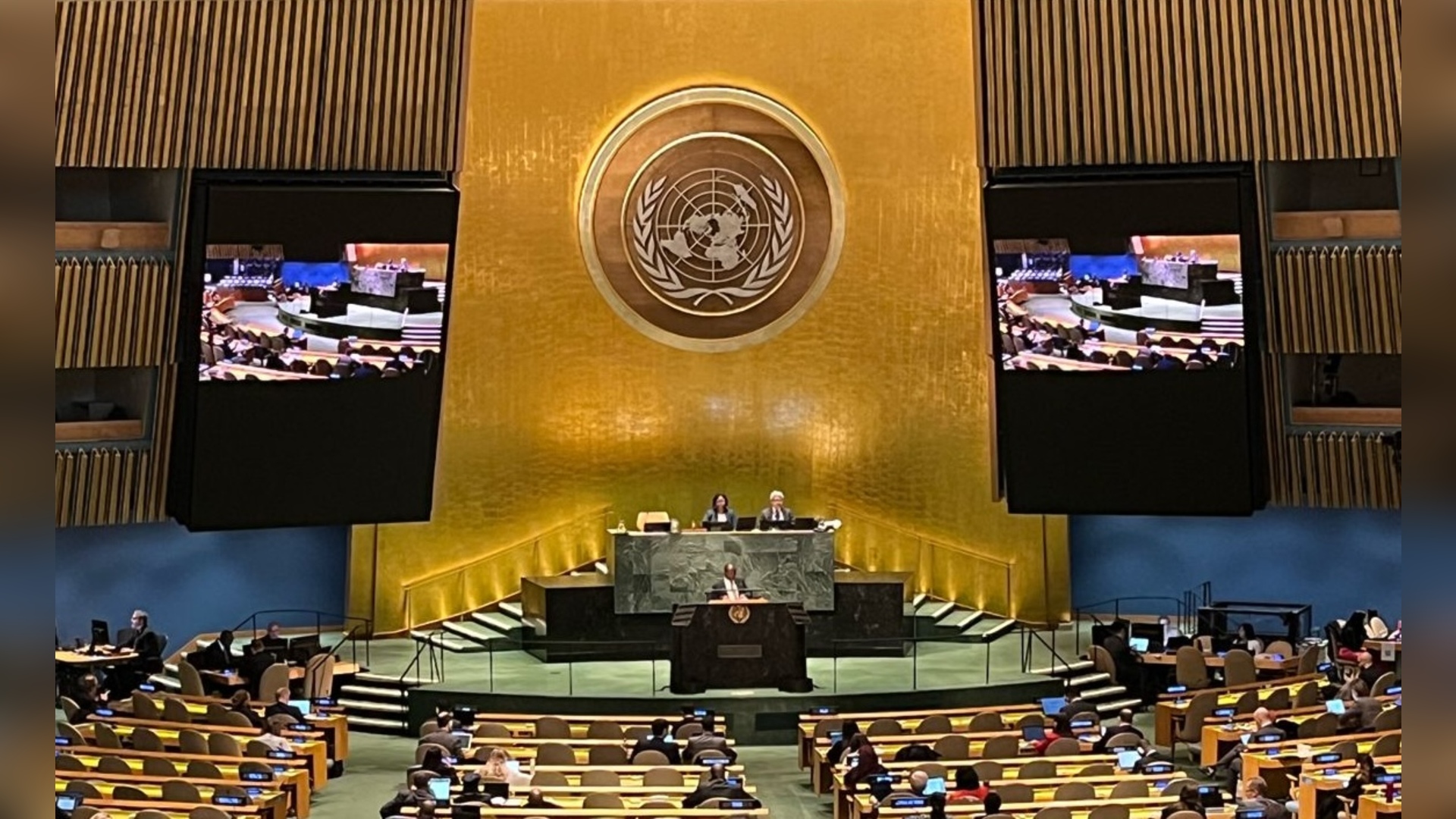A Record-Breaking Year for Egyptian Tourism
Despite geopolitical challenges in the region, Egypt is on track for an extraordinary year in tourism. Revenues have surged significantly in the first half of the year, reaching $6.6 billion, marking a 5% increase compared to the same period last year. Tourist numbers have remained steady, with around 7.1 million visitors in the first six months.
This remarkable performance can largely be attributed to the strategic initiatives implemented under the leadership of Ahmed Issa, the former Minister of Tourism and Antiquities. During his tenure, Issa spearheaded a series of ambitious projects aimed at revitalising Egypt’s tourism sector and laying the groundwork for sustained growth.

Strategic Initiatives and Key Projects
Increasing Hotel Capacity: A LE 50 billion project facilitated the development of new hotels and the modernisation of existing ones, ensuring that Egypt can accommodate an increasing number of tourists with top-tier amenities.
Infrastructure Improvements: Significant investments were made to modernise airports, enhance road networks, and optimise public transport systems, making travel within Egypt more convenient and enjoyable.
Digital Transformation: Advanced digital marketing strategies and the introduction of e-visa systems simplified the entry process for international tourists, making Egypt a more accessible destination.
Sustainability and Community Engagement: The Ministry promoted sustainable tourism practices and collaborated closely with local communities to ensure that tourism development benefited all, creating job opportunities and supporting local businesses.
 Egypt - Pexels By Rachel Claire
Egypt - Pexels By Rachel Claire
Results and Future Prospects
Ahmed Issa's initiatives led to a notable increase in tourist numbers, reaching 14.91 million last year despite regional tensions. For the current year, Egypt aims to attract up to 18 million visitors, although geopolitical disruptions might impact this goal.

The long-term objective of the government's strategy is to boost annual tourism revenues from the current average of $12 billion to $30 billion within the next three years. This ambition reflects a continued commitment to strengthening Egypt’s appeal as a premier global tourist destination.
Ahmed Issa is a minister who has left a lasting impression on Egyptian professionals and all who have worked with him, thanks to his vision and strategy. His strategic initiatives and innovative approach not only revitalised tourism in Egypt but also laid the foundation for sustainable growth. The gratitude expressed by all sector stakeholders underscores the enduring impact of his contributions.
Introducing the New Minister
Following Ahmed Issa's tenure, the new Minister of Tourism and Antiquities, Sherif Fathy, has swiftly taken the reins. Fathy convened a meeting with key ministry officials and associated bodies shortly after his swearing-in ceremony. The meeting addressed several initiatives aimed at increasing the number of hotel rooms to accommodate an anticipated influx of tourists and enhance their experience. Discussions included the completion of legislative infrastructure related to the tourism sector, advancements in yacht tourism, updates on the Grand Egyptian Museum, and improvements to the tourist experience in the Giza Pyramids area.
Mohamed Amer, head of the Central Administration for Hotel Facilities, Shops, and Tourist Activities, highlighted recent expansion projects, noting that nearly 3,000 hotel rooms have recently been added across 11 new hotels and expansions. Additionally, plans are in place to launch an additional 25,000 rooms by the end of 2024
In conclusion, Egypt's recent tourism records underscore the transformative power of strategic vision and decisive actions in revitalising a key economic sector. As new leadership builds upon these successes, the future appears bright for Egypt as it continues to establish itself as a premier global tourist destination. This approach mirrors the broader regional efforts in the MENA region, where countries are increasingly focusing on promoting their unique assets and embracing sustainable tourism practices to meet evolving global trends, aiming for a prosperous and environmentally sustainable future.
















